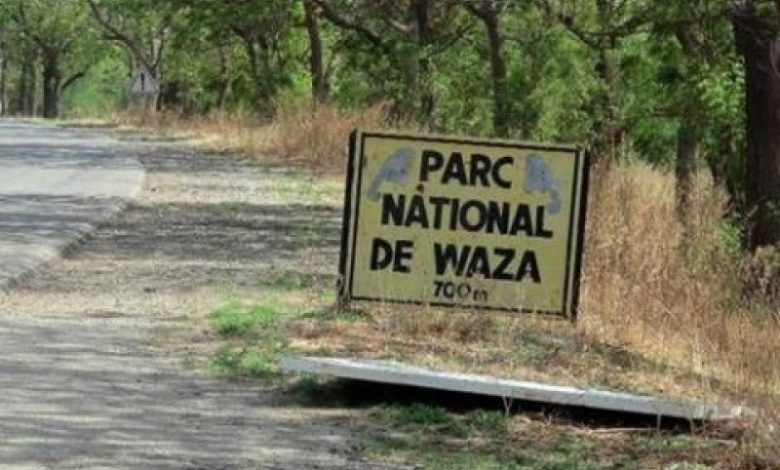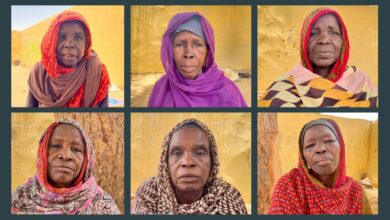Protected Animal Species Face Extinction As Poaching Intensifies In Waza Park
There are fears that protected animal species in Waza Park at Northern Cameroon face high risks of extinction as poaching continues.

Villagers living in the periphery of the Waza National Park in the Far North Region of Cameroon, and officials of the Ministry of Forestry and Wildlife are worried over the possibility of the extinction of some protected animal species in the park.
Poaching activities by local hunters and international poachers, some of whom are from neighbouring Chad republic, have intensified in recent time, giving rise to fears that the animals are endangered.
According to Sali Adam, the traditional ruler of Hale village, “men from various parts of Chad and Cameroon have settled with their families in the park for the past two months. In the night, they kill the animals.”
He added that the poachers also seized land for farming and have been involved in fishing as well.
These illicit activities are contributing to the considerable reduction of important protected animal species in the park.
Villagers blame the spike in the illegal activities on the lukewarm attitude of officials of the Ministry of Forestry and Wildlife who are supposed to work towards the protection of the species threatened by extinction.
Conservation activists in the country also believe that laws protecting the animals are not as strong as expected.
“Besides individuals carrying out these illegal activities mainly for personal gain, the national laws currently in place are not solid enough as concerns repressive mechanisms against poaching,” an anti-poaching activist told a journalist of Oeil du Sahal.
He further alleged that the forestry and wildlife agents in the area have themselves been involved in the systematic slaughtering of some of the protected species of animals.
“In August 2020, a lioness was killed in the locality of Hounangare along with its four lionesses,” one villager told journalists.
“Just a few days ago, another lioness was killed in the sultanate of Wouki in Makary subdivision by elements of the Ministry of Forestry and Wildlife and gendarmes after it had attacked and wounded more than ten persons.”
“For the last 10 years, elephants have deserted the Waza Park and moved to the north of Kousseri in the Mayo-Kani division and Mayo-Danay where they have been destroying farms and killing people who have been desperately trying to protect their farms on their path.”
Support Our Journalism
There are millions of ordinary people affected by conflict in Africa whose stories are missing in the mainstream media. HumAngle is determined to tell those challenging and under-reported stories, hoping that the people impacted by these conflicts will find the safety and security they deserve.
To ensure that we continue to provide public service coverage, we have a small favour to ask you. We want you to be part of our journalistic endeavour by contributing a token to us.
Your donation will further promote a robust, free, and independent media.
Donate Here




